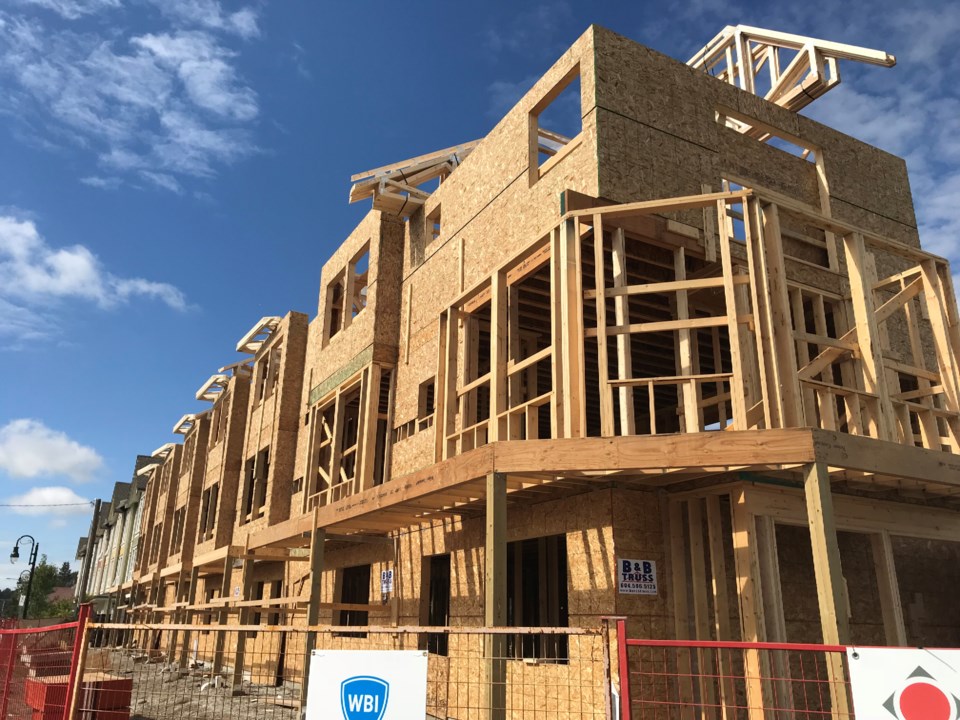The City of Delta could soon have the ability to further streamline its development approval processes.
The province last week announced new legislative amendments to give local governments more powers to simplify and speed things up.
“We are working with local governments, the development sector and housing advocates to streamline local development processes to help get more homes built faster for people,” said Josie Osborne, Minister of Municipal Affairs, in a news release. “By updating public hearing and certain permit requirements, we are giving local governments more tools to deliver the housing that communities need throughout B.C. This is one important step in the work all orders of government must do to meet housing needs for people in our communities.”
The amendments will update the Local Government Act to remove the default requirement for local governments to hold public hearings for zoning bylaw amendments that are consistent with the Official Community Plan and enable local governments to delegate decisions on minor development variance permits to staff.
The changes are to support local governments to move forward more efficiently on developments, bypassing barriers and speeding up housing approvals, the government stated.
The changes came from recommendations during consultation with local governments, housing providers, builders and other stakeholders as part of the province's Development Approvals Process Review.
Delta Community Planning director Marcy Sangret told the Optimist city council currently does not have the ability to delegate development variance permit decisions to staff.
To enable council to do so, enactment of the legislative amendment is required.
Sangret explained Delta does have certain streamlining processes in place such as delegation by council to staff for certain types of development permits, which is presently allowed for under legislation, but not for development variance permits, which is not presently allowed for regardless of whether they are minor in nature.
Local governments currently have the ability to waive public hearings for applications that are consistent with the Official Community Plan, but that is currently done by council resolution and not by default as is the proposed provincial amendment, added Sangret.
A report to council last year noted that in consultation with Delta’s Mayor's Task Force on Building Permits and Development Applications, staff have been reviewing the city’s development application processes and delegation of authority opportunities for development approvals.
The report notes staff have already implemented a number of improvements related to application materials, communication and public notification/input opportunities.
Among the recommendations by the task force already approved by council is the removal of a requirement for secondary suite covenants as well as encouraging pre-application meetings and start-up meetings at the time of application submissions, and generally more face-to-face meetings to encourage conversations between staff and applicants.
Delta also encourages early and ongoing public input in land use development applications to address resident comments, where possible, in advance of a public hearing.
Many of the opportunities identified in the province's Development Approvals Process Review
Report (DAPR) would require provincial involvement including legislative changes in order to implement.
Delta planning staff identified several key opportunities in the DAPR report that should be given priority consideration for implementation by the province including providing local governments the authority to delegate decision-making to staff for minor development variance permit matters that do not affect use or density and do not create a significant impact on neighbouring properties.
The planning department also identified enhancing pre-zoning tools to enable local governments to secure benefits that are currently negotiated through site specific rezoning as another needed change, as well as, among other things, reviewing public hearings and considering alternative options for more meaningful earlier public input and in different formats.




